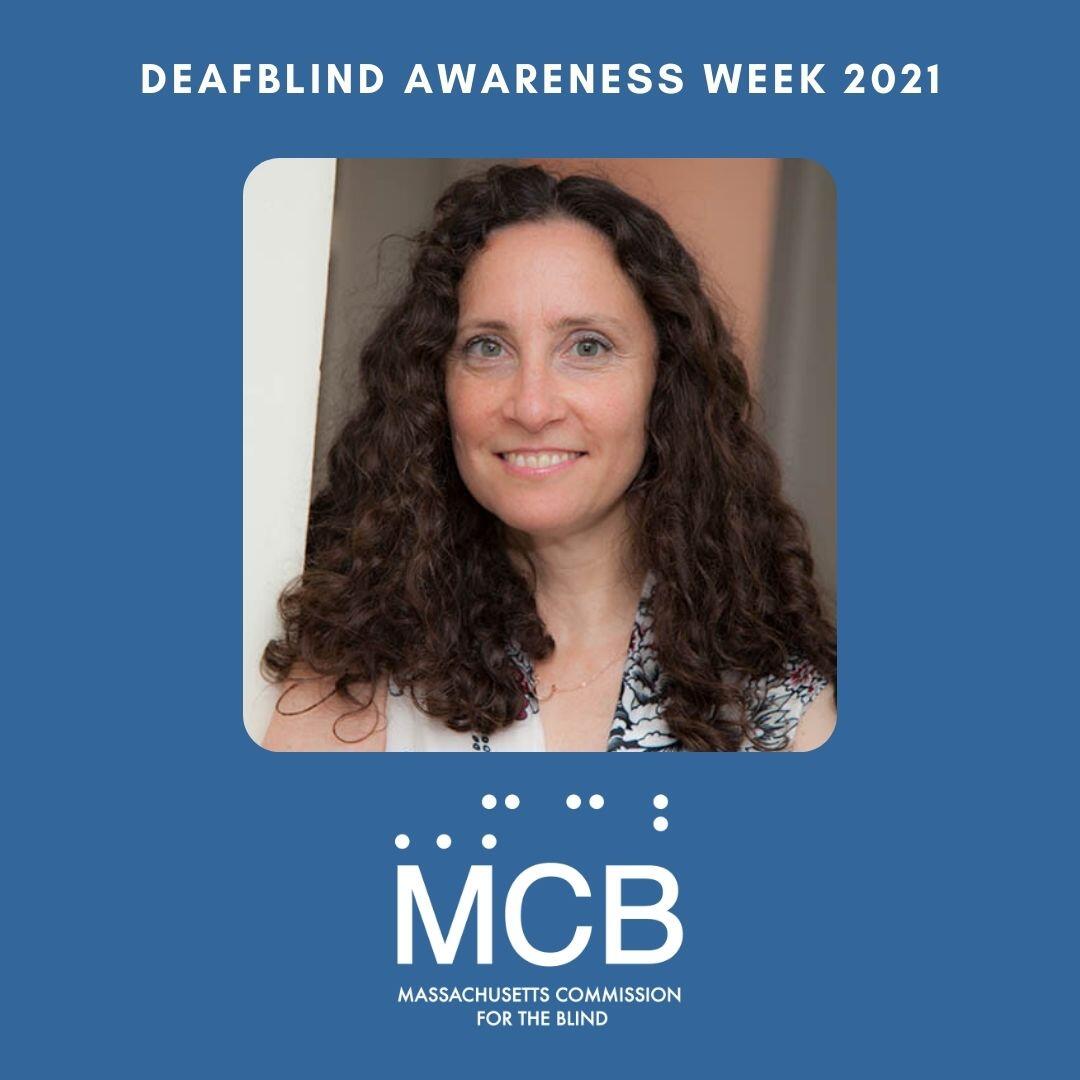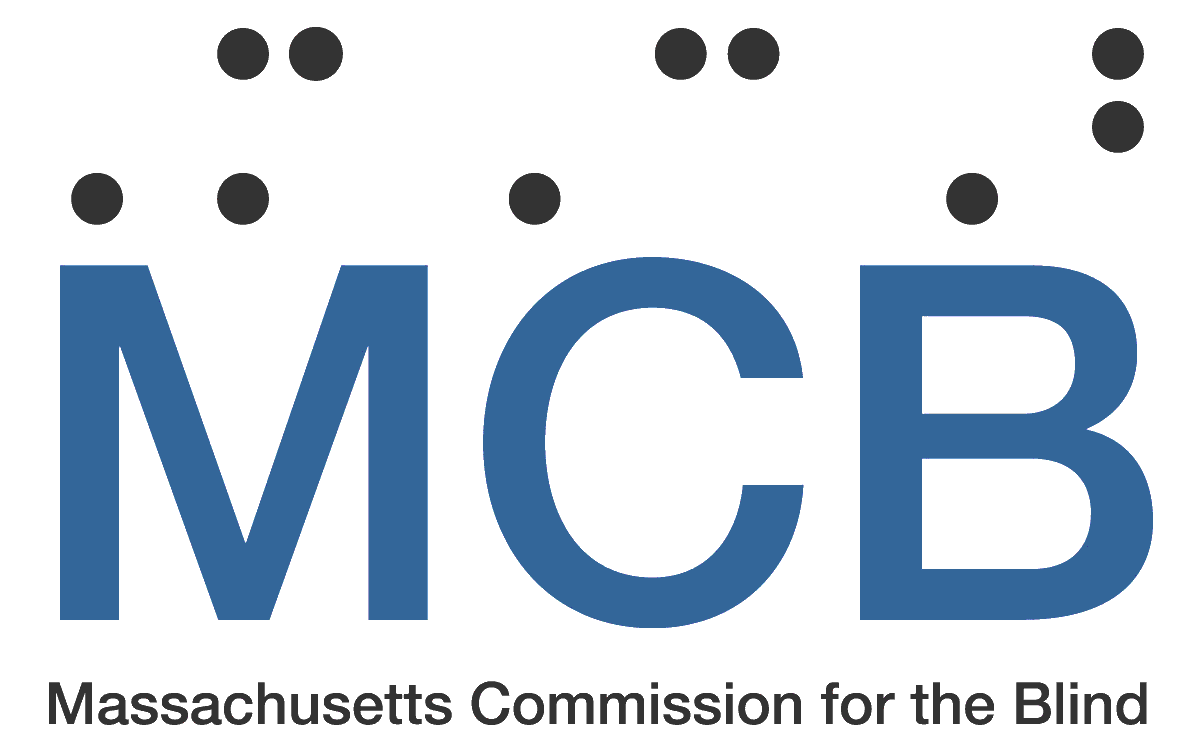- Massachusetts Commission for the Blind

By Owen Devlin
Q&A with Helen Selsdon, Archivist at American Foundation for the Blind (AFB)
Helen Selsdon has worked as the archivist at the American Foundation for the Blind (AFB) since 2002. She currently oversees the digital Helen Keller Archive. In this role, Selsdon has had the opportunity to learn more about the life of Helen Keller and the many ways in which Keller contributed to the DeafBlind community.
What is your favorite part about your job?
“I have learned so much about Helen Keller through my role at AFB, and the ways in which she helped shape the perceptions of individuals who are DeafBlind, too,” explained Selsdon.
Can you tell me more about Helen Keller’s connection and contributions to the DeafBlind community?
“In addition to Helen Keller being DeafBlind herself, she served as one of the original Commissioners at MCB. I did a little digging, and found a letter that Keller had written to the governor of Massachusetts in 1906 thanking him for giving her the opportunity to advocate for the DeafBlind community through her role at MCB. Keller referenced her teacher, Anne Sullivan, and expressed her thought that that she would have wanted Sullivan to serve on the Commission instead of herself, due to Sullivan’s unique qualifications.”
What does Helen Keller’s connection to the DeafBlind community represent for those who are part of it?
“Helen Keller served as our leader in the DeafBlind community. After the Second World War, AFB created a department to help advocate for DeafBlind individuals in their communities. And in the 1950s, we developed a machine known as the Tellatouch, which helped enhance communication between DeafBlind and sighted individuals. Keller also fought tremendously to change the many misperceptions and attitudes associated with individuals who are DeafBlind, blind, or have low vision. Helen’s story serves as a means of encouragement for many DeafBlind individuals in recognizing that they too can achieve their goals.”
Can you tell me more about Sullivan and Keller’s relationship?
“Helen Keller was Anne Sullivan’s only pupil. They remained together from Anne’s arrival in Tuscumbia, Alabama, in 1887 until Sullivan’s death in 1936. I think their relationship was symbiotic, each one needed the other. Anne endured a difficult childhood and suffered from depression as an adult I think Helen helped her teacher and companion through these difficult times with her optimistic and sunny nature.”
Can you tell me about some of the events that AFB has held to recognize and support the DeafBlind community?
“We had our big centennial concert, The Art of Inclusion, in March. The event was co-hosted by Haben Girma, who was the first DeafBlind person to graduate from Harvard Law School. The event can be watched online as it is fully captioned, described, and featured ASL interpreters that were present throughout the entire event…”
What advice do you have for young individuals who are in the beginning stages of losing their vision, their hearing, or both?
“Any disability a person is faced with has a profound impact on their life, but that doesn’t mean they cannot take steps to make things easier for themselves. That said, there are a number of resources and organizations that offer assistance to individuals with vision or hearing loss, such as AFB. Lastly, I cannot stress enough about the importance of self-advocacy, especially in the DeafBlind community. I believe that it is important to be engaged and demand a better world. A world in which everyone has the opportunity for a happy and fulfilling life.”
